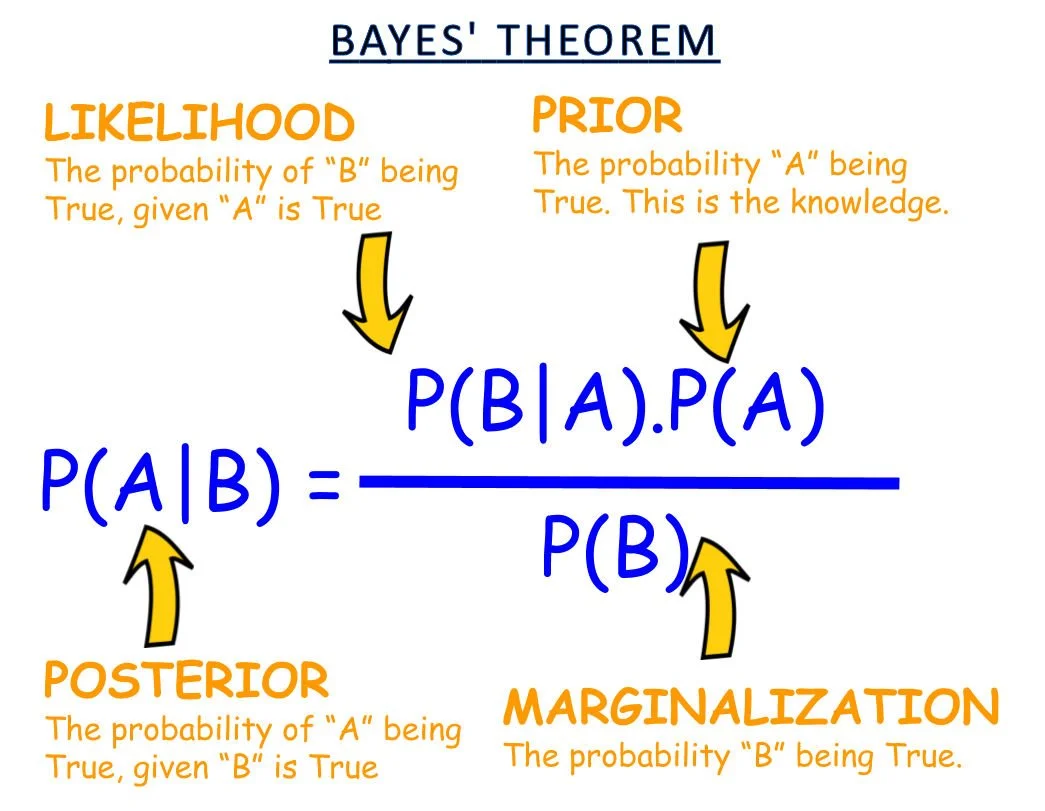This paper looks at all-cause deaths in England, comparing deaths among the COVID19 vaccinated and unvaccinated. It also has a few other thoughts on vaccine safety in general. It looks like there’s some serious statistical funny business going on in both the US and England, having to do with “age-adjustments” (in the US) and “age-standardization” (in England), which are helping to paint a rosy picture of vaccination.
Read MoreWith preventing COVID19 infection and transmission both off the table as possible benefits of vaccination (not that they were ever really there, but…), the only possible benefit left is preventing severe cases of COVID19. I hope we can all agree that death is the most severe of severe cases. In this paper, I look at vaccinated and unvaccinated US COVID19 death data collected by the Centers for Disease Control (CDC). I don’t know how reliable it is—I’m just showing you what’s there, and pointing out some of its obvious limitations, based on the CDC’s own descriptions. As you’ll see, the data is far more ambiguous than glowing—the sort of data that makes you go, "hmm.”
Read MoreIn this post I look at death data from the CDC’s WONDER database, which shows there was a dramatic increase in US deaths that began in mid-2020, in the midst of lockdowns and mask mandates. Before the COVID19 panic was introduced in January 2020, and for several months after, deaths were at normal levels. Deaths escalated with the introduction of COVID19 vaccines in mid-December 2020, and peaked at unprecedented levels in January 2021 and January 2022.
Read MoreVAERS has been in the spotlight recently, as the CDC and FDA squirm their way around attempts to get details about their COVID19 vaccine safety monitoring efforts. They say they use Bayesian analysis to monitor VAERS for potential vaccine safety issues, and it’s a mystery why those analyses didn’t result in any alerts for months after the rollout of the COVID19 vaccines, in spite of a massive and unprecedented increase in vaccine injury reports. In this post, I explain what Bayesian analysis is, why it has red flags, and why we might have been told there were no safety alerts.
Read MoreIn this post I estimate the risk of fetal death after COVID19 vaccination for pregnant women in the US, based on reports to VAERS and vaccine data from the CDC. More fetal deaths have been reported to VAERS from the COVID19 vaccines than from all other vaccines combined for the last 31 years.
Read MoreOne of the main objections people have to using VAERS data to estimate vaccine risk is that reports to VAERS don’t prove the vaccine caused the injury—which of course is a perfectly legitimate objection. The problem is, VAERS is the only vaccine injury data available to the general public. To accommodate this inherent limitation of VAERS, I calculated what the risks of COVID19 vaccination would be if half of all VAERS reports were coincidental (false).
Read MoreI first wrote about the massive increase in deaths reported to VAERS from the covid shots in April 2021—how has the situation changed in the last year? Twice as many vaccines have been administered; the number of VAERS reports has doubled; the number of death reports has tripled; and the calculated risk of vaccination has continued to climb. How high will it go before someone in charge says “stop”?
Read MoreI’ve previously used the CDC’s COVID19 Data Tracker to estimate the number of vaccines given to children—which is necessary to calculate vaccine risk. But something strange happened when I tried to do an update: the number of vaccinated children had decreased since last month—by a lot—more than 17 million. It turned out the strange shrinkage was caused by the unexplained disappearance of data for 5-11-year-olds.
Read MoreWhat is the risk of COVID19 vaccination for children, based on VAERS data? It’s an undisputed fact that vaccines can and do cause serious injury and death—that’s why we have a Vaccine Injury Compensation Program (the VICP). And, more deaths and serious injuries have been reported to VAERS from the covid shots than from all other vaccines combined for the last 31 years.
Read MoreThe Centers for Disease Control (CDC) uses death report data from the Vaccine Adverse Event Reporting System (VAERS) to estimate the risk of covid vaccination. The problem with estimating risk from the raw number of VAERS death reports is that most vaccine injuries aren’t reported to VAERS—which means it vastly underestimates the true risk. Here, I try to do better.
Read MoreThese estimates of serious injuries and deaths from covid vaccination are based on reports to the Vaccine Adverse Event Reporting System (VAERS); the number of vaccines administered; and the percent of vaccine injuries reported to VAERS. They are presented here without commentary as reference material.
Read MoreEstimates of risk are theoretical constructs—they aren’t predictions of the future. This isn’t science—it’s more like a thought experiment. These estimates of risk are based on deaths and serious injuries reported to the Vaccine Adverse Event Reporting System (VAERS); the number of vaccines administered; and the percent of vaccine injuries reported to VAERS.
Read MoreMore deaths have been reported to the Vaccine Adverse Event Reporting System (VAERS) from the covid shots than from all other vaccines combined for the last 30 years. Don’t expect to hear this stunning fact on the evening news, or read about it in a CDC advisory or covid shot consent form.
Read MoreTruncating data (omitting certain data to manipulate perceptions) is Sleazy Marketing 101. It’s being used to fabricate a false reality: that the vaccine is responsible for stopping widespread death from measles in the US.
Read MoreThe HRSA’s “1 in a million” vaccine risk finding is being used deceptively to create a perception that vaccines are extraordinarily safe, when in fact, the finding actually indicates the risk of serious vaccine injury for a fully vaccinated child is at least 1 in 10,000, and may be as high as 1 in 100.
Read More













